54. To App or Not to App: That Is the Language Learner’s Question
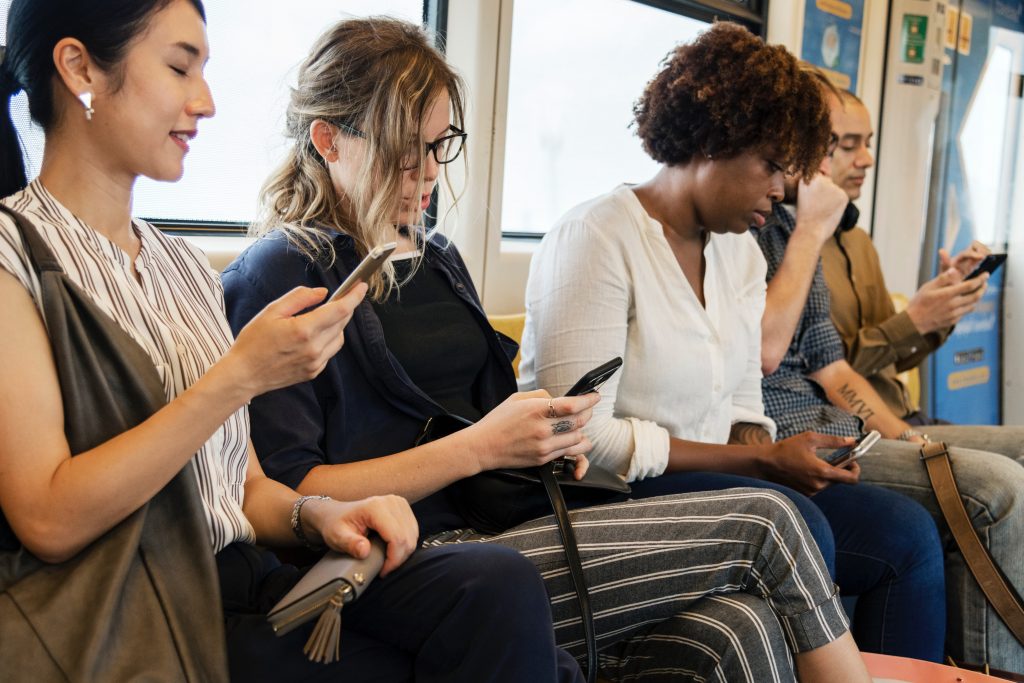
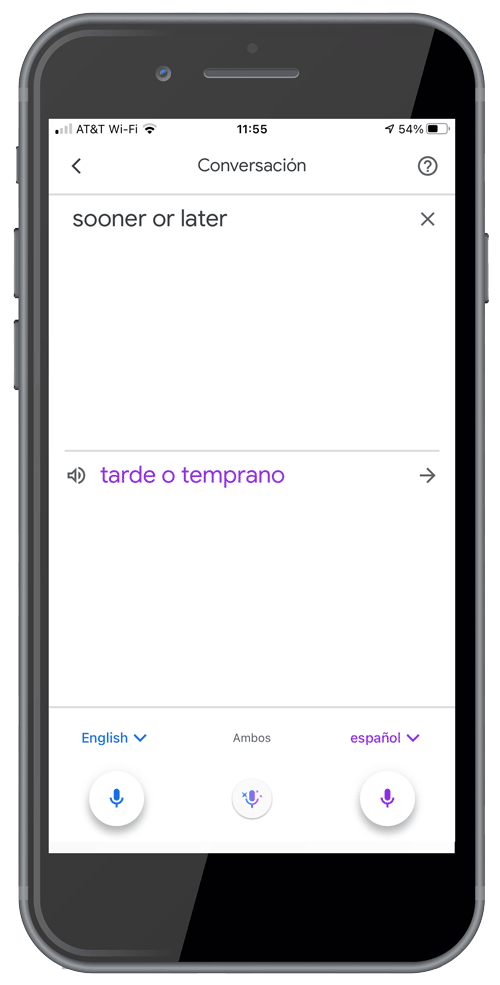
Everyone, it seems, has an opinion on using technology for learning a language. That includes the many bilinguals Steve interviewed for Episode 54 of the America the Bilingual podcast. It’s a brief meditation on the merits—and demerits—of language technology.
How much should we depend on language technology to talk for us? What are technology’s limitations? Or is it just we humans who are limited in our thinking of what technology can do?
The role that technology plays in language learning is such a timely and important question that we’re devoting two episodes to answering it. This is the first.
HEAR THE STORY
Listen on iTunes by clicking here: America the Bilingual by Steve Leveen on iTunes. Or on SoundCloud here. Steve comments on Twitter as well.
Meet the guests you’ll hear in this episode:
Rose Marie Abrams learned Spanish in seventh grade and now teaches it at a high school in Knoxville, Tennessee.
![]() If you don’t include technology in their learning, students feel like it is not relevant.”
If you don’t include technology in their learning, students feel like it is not relevant.”

Kat Cohen is the founder of IvyWise, a global educational consultancy. She speaks fluent Spanish and French and is raising her daughters to speak them, too. More on Kat: Episode 43.
![]() In 10 or 15 years, we’re going to be able to translate on the spot.”
In 10 or 15 years, we’re going to be able to translate on the spot.”
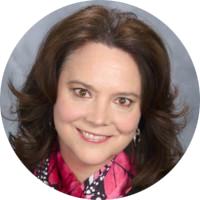
Linda Egnatz, the 2014 National Language Teacher of the Year for ACTFL (American Council on the Teaching of Foreign Languages), is Executive Director of the Global Seal of Biliteracy. Before that she was a longtime Spanish teacher in an Illinois high school and an adjunct instructor of world languages at DePaul University.
![]() Language is not just words. It’s also cultural nuances.”
Language is not just words. It’s also cultural nuances.”

Yuli Fisher is a monolingual mother of two who helped to create the first Japanese-English dual language public school in New York City. More on Yuli: Episode 25.
![]() The connection to people, you would never get from just having it translated.”
The connection to people, you would never get from just having it translated.”

Fabrice Jaumont, a native French speaker, is the Education Attache for the Embassy of France in the United States. He is also an adjunct professor at New York University and the author of The Bilingual Revolution: The Future of Education Is in Two Languages. More on Fabrice: Episode 25.
![]() There’s something deeper than just words in linguistics.”
There’s something deeper than just words in linguistics.”
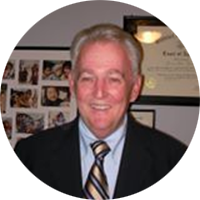
Jim Lyons is senior policy advisor to the nonprofit Dual Language Education of New Mexico. He is the former executive director of the National Association for Bilingual Education. He has also held positions with the U.S. Department of Education and the U.S. Commission on Civil Rights. More on Jim: Episode 24.
![]() There is [a] level of knowledge contained within a language but not necessarily translated.”
There is [a] level of knowledge contained within a language but not necessarily translated.”

Jenny K. Messner is the cofounder of the Speedwell family foundation, which awards high school students scholarships for the American Field Service (AFS) cultural exchange program. Jenny is an AFS alumna, having spent part of a school year in Brazil learning Portuguese. She is also a board member of the U.S. Naval Academy Foundation, where her foundation helps to fund study-abroad programs for naval cadets. More on Jenny: Episode 34.
![]() There will never be a technological replacement for face-to-face conversation.”
There will never be a technological replacement for face-to-face conversation.”

Tom Morris is a public philosopher, motivational speaker and the author of Philosophy for Dummies, among many other books. He is the founder of the Morris Institute for Human Values and a former philosophy professor at the University of Notre Dame. Tom has studied both Latin and Greek. More on Tom: Episode 23.
![]() Any translation technology, like technology itself, you can use in wonderful ways or in terrible ways.”
Any translation technology, like technology itself, you can use in wonderful ways or in terrible ways.”

Gregg Roberts is Director of Dual Language Studies at the American Councils for International Education in Washington, D.C., and a former world language specialist with the Utah State Board of Education. More on Gregg: Episode 24.
![]() You could never understand a person’s culture unless you understand the language.”
You could never understand a person’s culture unless you understand the language.”

Adam Ross started learning Chinese as a college freshman and has been teaching it since 1993. In addition to being a STARTALK team leader, Adam is a content and technology specialist at the Chinese American International School in San Francisco. It is the oldest dual immersion Chinese-English school in the country. More on STARTALK: Episode 38.
![]() An interpersonal conversation—you need humans to help.”
An interpersonal conversation—you need humans to help.”

George Stewart is Head of School at EF Academy in New York City, where classes are taught in 18 languages. George has also been a Spanish teacher and is the former head of the language department at Middlesex School in Concord, Mass.
![]() You’re trying to develop relationships with people you don’t know. I don’t think the technology is ever going to cross that boundary.”
You’re trying to develop relationships with people you don’t know. I don’t think the technology is ever going to cross that boundary.”
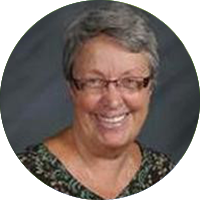
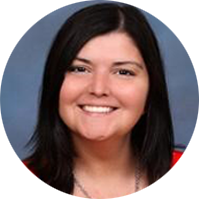
Toni Theisen is the 2013 President of ACTFL (American Council on the Teaching of Foreign Languages) and the organization’s 2009 Teacher of the Year. A long-time French teacher, she is World Languages Supervisor and Dual Language Immersion TOSA (Teacher on Special Assignment) for a school in Colorado.
Carrie Toth, who teaches Spanish, is President of the Illinois Council on the Teaching of Languages. She is also certified as a National Geographic Educator and incorporates science, geography and the environment into her classes.
More on Toni and Carrie: Episode 31.
![]() Whenever we have machine translation, you lose that personal connection.”
Whenever we have machine translation, you lose that personal connection.”
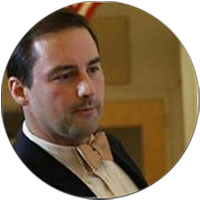
Edward Zarrow is the 2016 Teacher of the Year for ACTFL (American Council on the Teaching of Foreign Languages) and teaches Latin at Westwood High School in Massachusetts. He has also been President of the Classical Association of Massachusetts. More on Dr. Z, as he’s known: Episode 23.
![]() Intercultural competence: that’s the missing piece [from] the algorithm.”
Intercultural competence: that’s the missing piece [from] the algorithm.”
CREDITS
Support for the America the Bilingual project comes from the Levenger Foundation.
Support for our podcast episodes comes from members of the America the Bilingual Project team, including Fernando Hernández and his production house, Esto No Es Radio, who provide sound design and mixing; Mim Harrison, our editorial and brand director; Caroline Doughty, our audio and digital book maven; Carlos Plaza, our creative director; and Karla Hernandez at Daruma Tech, who manages our website.
Meet the entire America the Bilingual team—including our bark-lingual mascot, Chet—here.
Like the music? It’s “Quasi Motion” by Kevin Macleod at the start of the episode and then “West in Africa” by John Bartmann. Main image for these episode notes by Rawpixel Ltd, Wikimedia Commons.
We invite you to follow America the Bilingual on Facebook, along with the Lead with Languages campaign run by our friends at ACTFL—The American Council on the Teaching of Foreign Languages. And be sure to check out Steve’s new book!
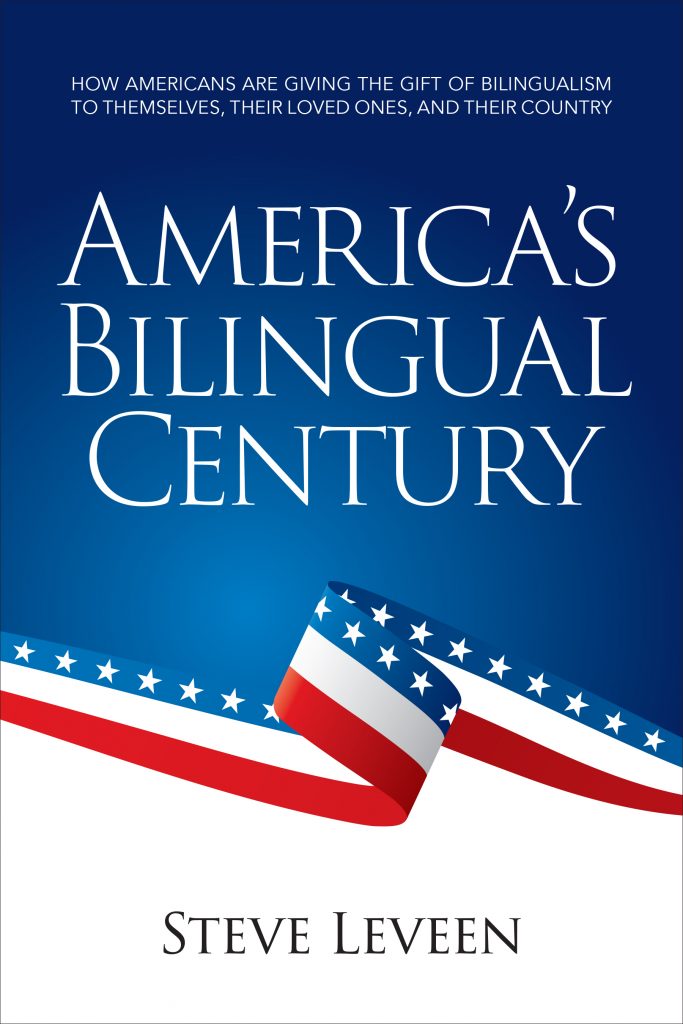
Enjoy the book in your favorite format. Click here.

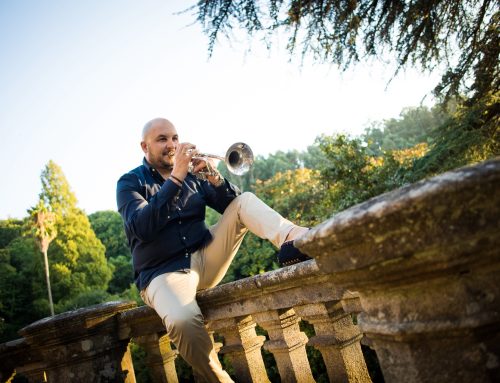
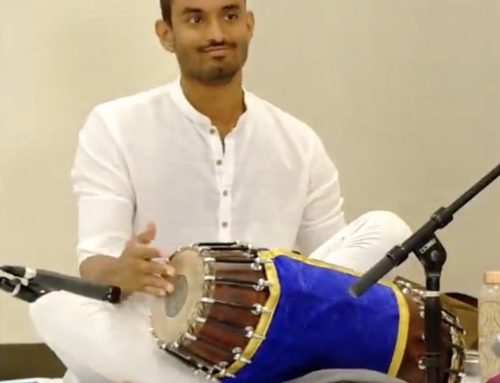

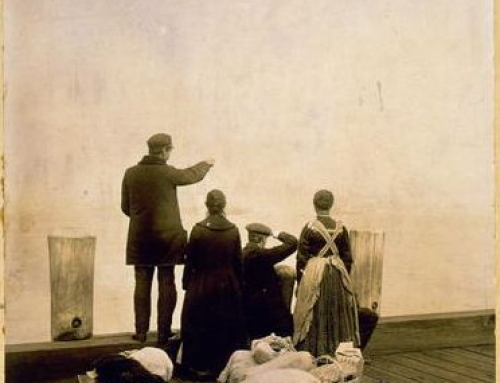
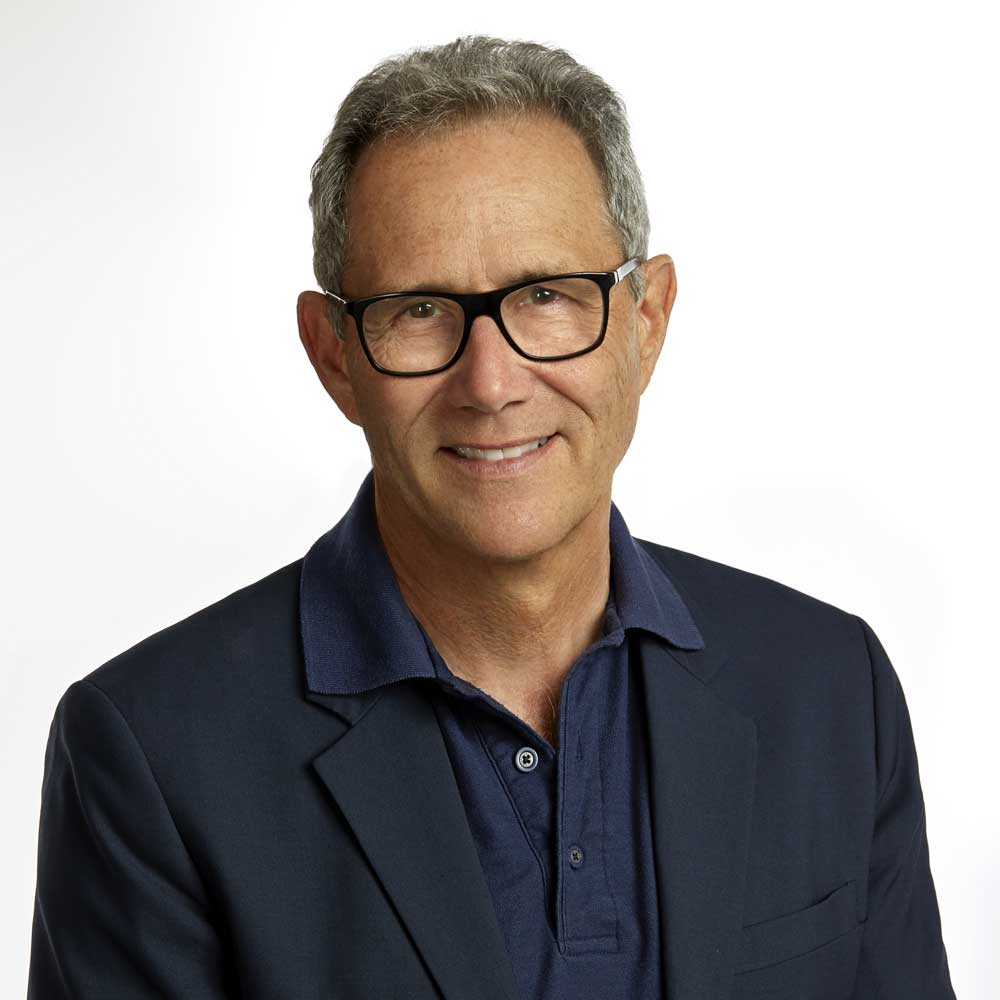 You can book Steve for many different audiences
You can book Steve for many different audiences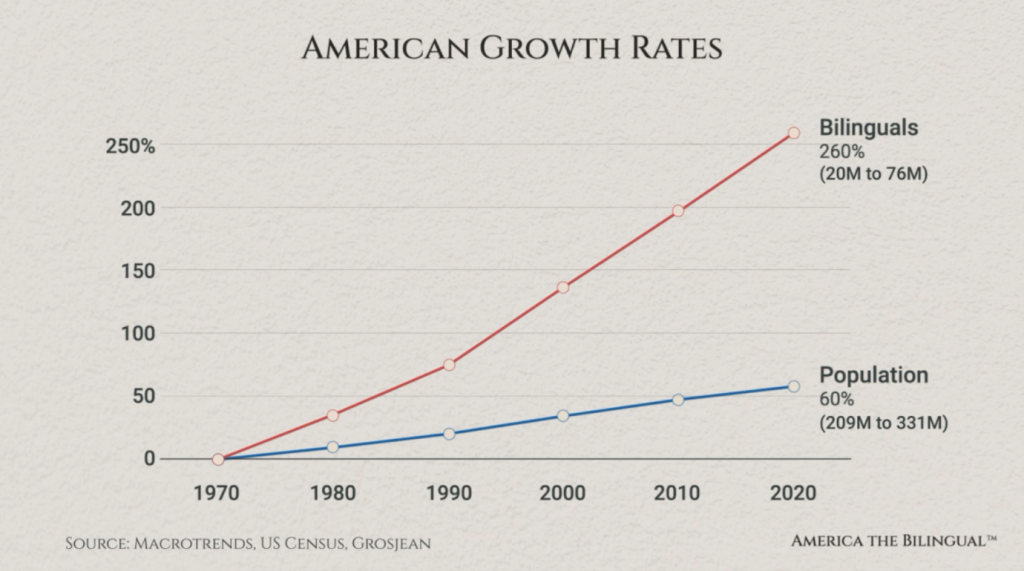
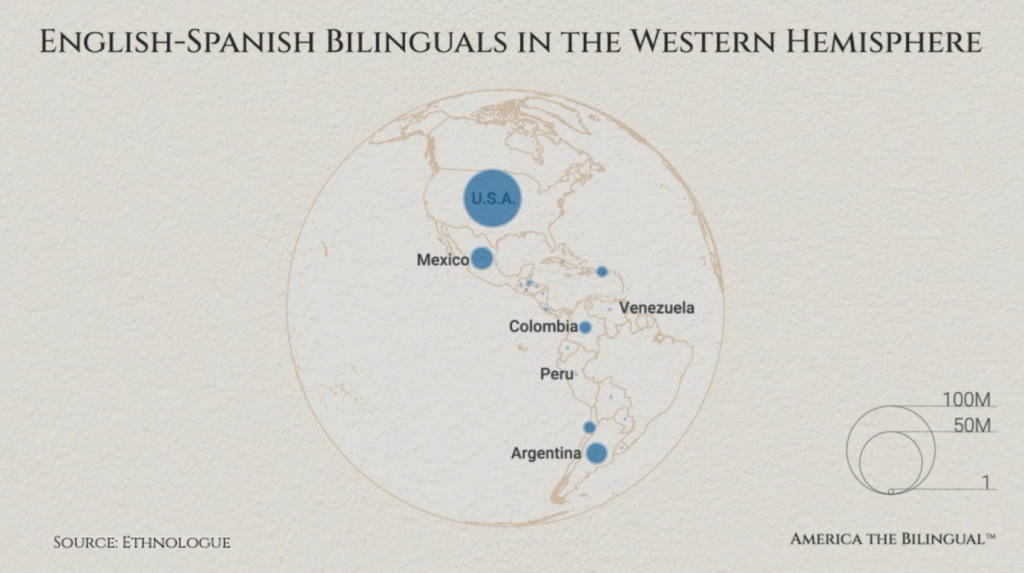
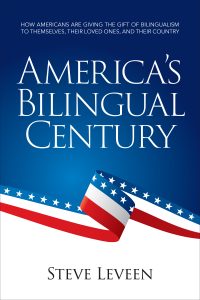

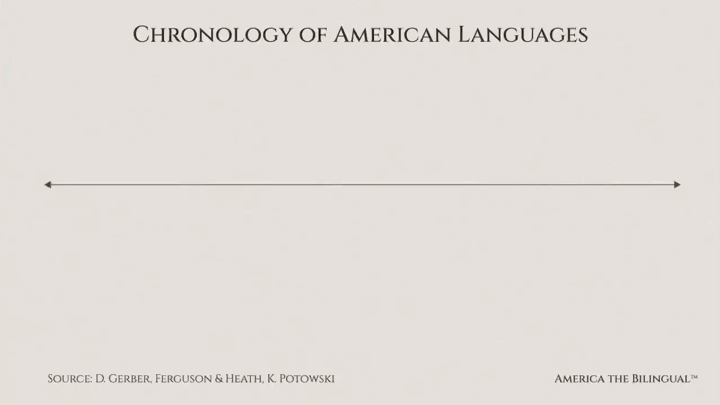


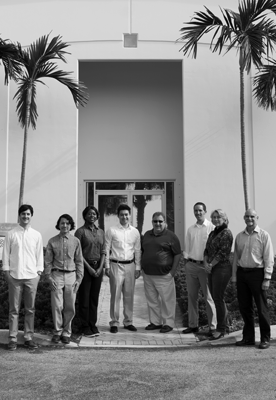
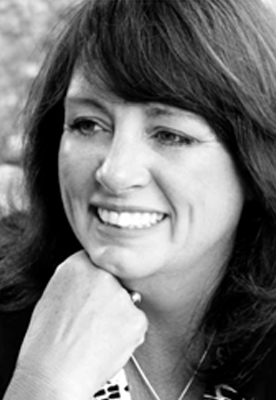 First, know that she has one of those glorious English accents (or what all of us who are not English would call an accent), which makes her a natural for the audio book narration that she does. Although U.S. born, Caroline grew up in England and studied literature at the University of Warwick (fyi for American ears: that second “w” is silent).
First, know that she has one of those glorious English accents (or what all of us who are not English would call an accent), which makes her a natural for the audio book narration that she does. Although U.S. born, Caroline grew up in England and studied literature at the University of Warwick (fyi for American ears: that second “w” is silent).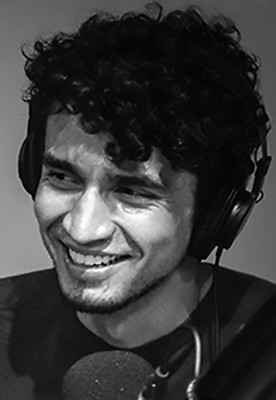
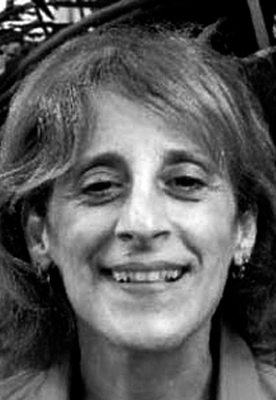
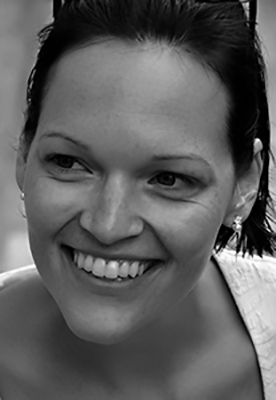

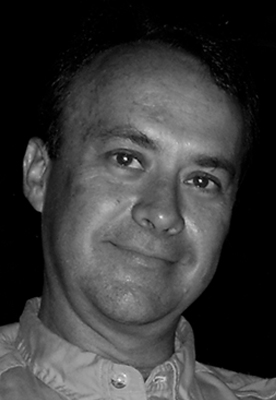
Leave A Comment